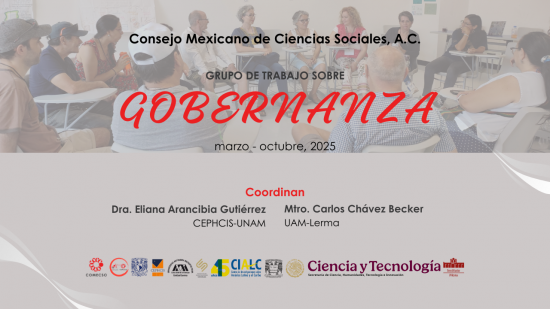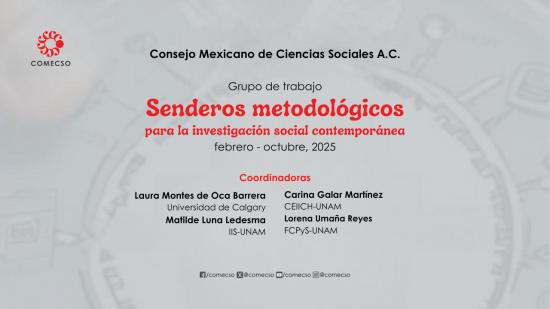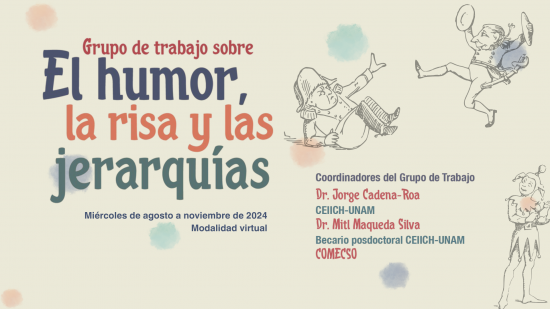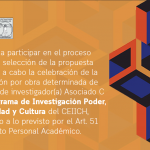Rapid Technological Change
UN Call for Inputs on the
Impacts of rapid technological change on the achievement of the Sustainable Development Goals
14 Dec 2018 – 31 Jan 2019
Note: All earlier submissions in March 2018 will also be considered in this round.
The Interagency Task Team on Science, Technology and Innovation for the SDGs is calling upon scientists, engineers, economists and policy analysts to contribute to a report on the impacts of rapid technological change on the achievement of the UN Sustainable Development Goals (SDGs). You may want to consider the following types of contributions focused on one or more of the questions listed in this announcement below:
- Written, informal responses highlighting empirical evidence and your views grounded in the literature (peer-reviewed references and background papers); and/or
- Short science-policy briefs comprising abstract, outline of empirical facts and issues, and policy The briefs are limited to a maximum of 1,600 words including tables and figures. Annexes are not included in the word count. Upon review and acceptance, the brief will be published.
We are looking forward to your submissions to roehrl@un.org, clovis.freire@unctad.org, and bob.bell.jr@unctad.org, as soon as possible and hopefully no later than 31 January 2019.
This work aims to focus on rapidly emerging technologies that progress so fast and have such broad-ranging socio-economic and environmental impacts so they pose serious challenges for institutions to adapt. Examples include – but are not necessarily limited to – highly interdependent, emerging technology clusters in the areas of automation, robotics, artificial intelligence, biotechnology, nanomaterials, and various digital technologies.
The UN Secretariat will synthesize contributions from experts within the UN system and beyond, in the form of a report and presentation. This work will build on earlier UN expert group meetings held in 2016 and 20181 and ongoing work under the Technology Facilitation Mechanism.
All contributors will be acknowledged in the report, unless requested otherwise. Please feel free to focus your answers on the questions that are most related to your work and expertise. You may also propose to refine the questions themselves and/or add other important questions. Please include full references, especially empirical evidence, in support of your contributions. You may also wish to share copies of relevant articles and data with us.
Disclaimer: We acknowledge that some of the questions are far-reaching and difficult to give a straightforward answer. Nevertheless, we hope you will give it a try. If in doubt, imagine you were part of a panel discussion and confronted with these questions.
Te puede interesar

Publicaciones del COMECSO
Roberto Holguín Carrillo - Ene 08, 2025Este espacio reúne la gran mayoría de la producción editorial de nuestra asociación. A lo largo de casi cinco décadas,…
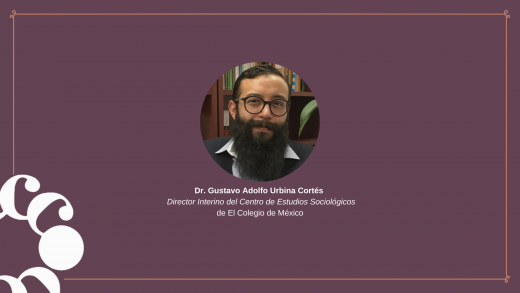
COMECSO felicita al Dr. Gustavo Adolfo Urbina Cortés
comecso - Mar 14, 2025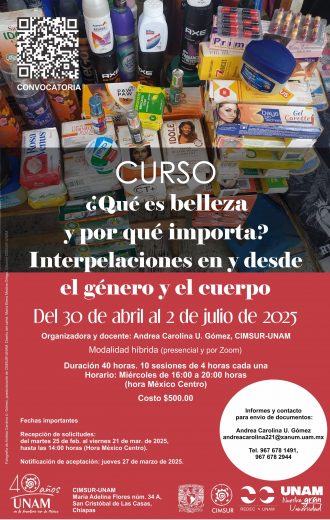
¿Qué es belleza y por qué importa? Interpelaciones en y desde el género y el cuerpo
Laura Gutiérrez - Mar 14, 2025Universidad Nacional Autónoma de México, Centro de Investigaciones Multidisciplinarias sobre Chiapas y la Frontera Sur, Educación Continua Curso ¿Qué es…
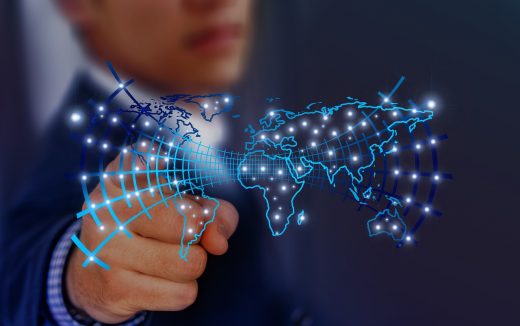
Inteligencia artificial y su impacto en las políticas públicas y la economía Global
Laura Gutiérrez - Mar 14, 2025Inteligencia artificial y su impacto en las políticas públicas y la economía Global Número 137 | Año 38 | Enero-Junio…



